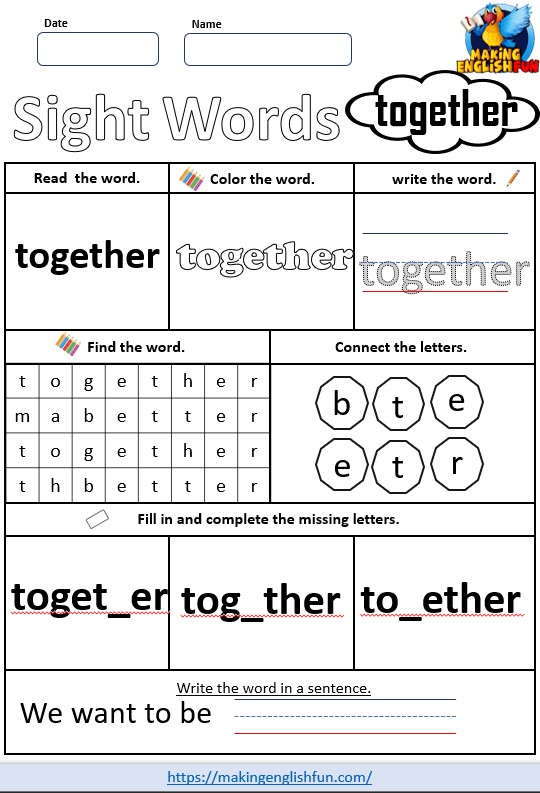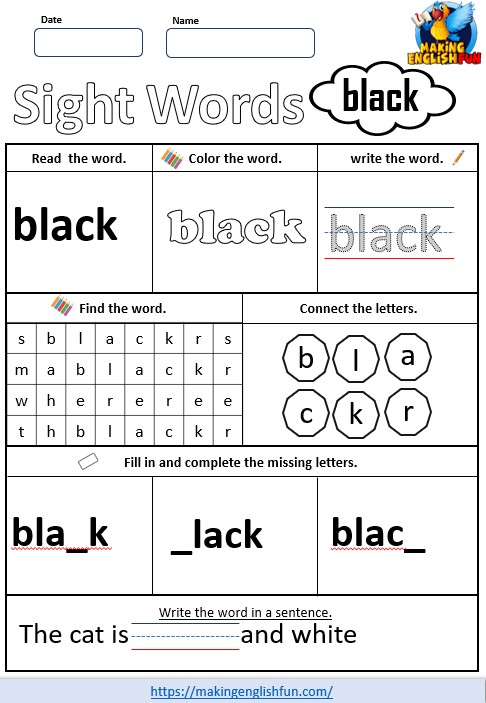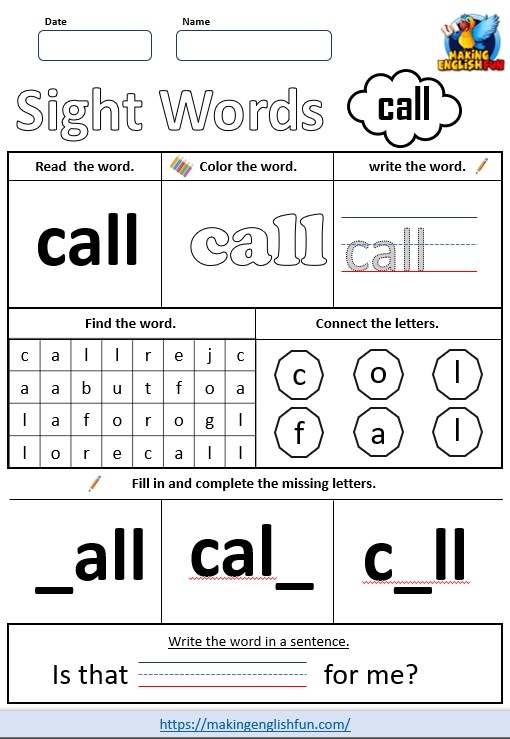Does My Child Need A Tutor? (A Teacher’s View)
Wanting the best for all aspects of our children’s lives is a natural part of parenting. We want them to be have a safe, enjoyable and productive childhood and be able to prepare them for the sider world as they get older. As report cards start to roll in there are quiet a few of us who have have asked the question ”Does my child need a tutor?”
This is the reason parents often look to supplementary education or tutoring for their children. They want to give their child as many opportunities as they possibly can. However, as with so many things there are more and less effective ways to achieve this.
Assessing whether your child needs a tutor depends on multiple factors. These include, but are not limited to, struggling with core skills in subjects including language and math, problems learning in classroom environments, and developing behavioral issues due to work being either overly difficult or easy.
In this article we will look at how to decide if your child really needs a tutor and if it will give them the extra chances and opportunities you are hoping for.

Does My Child Need A Tutor? What Signs to look For.
Teachers often wonder what kinds of signals to look for when suggesting that students receive outside tutoring. Students will let their teachers know that they would benefit from tutoring by their classroom behaviors. If that information isn’t being fed back to you then you can look out for the signs below to help answer the question does your child need a tutor.
- Poor performance: Remember there may be many reasons for this but have a talk with the teacher and ask what issues they have noticed. It may be anything form difficult work to teaching styles either way a little one on one tuition may nip this in the bud
- Homework struggles: We actually have a couple of articles on this here and here, but arguments about homework can demonstrate a reluctance to tackle a task they don’t understand, It also follows on to the next point
- Taking much longer to complete work: the work may be to complex, there may be a lack of understanding or motivation. Have a chat with the school and decide if its time to ask a tutor to help give a little extra help.
- Worrying or dislike of school: This can be for hundreds of reasons, but it is a potentially serious and important sign. A tutor may help with the academic aspects, if they are the cause of this, but it may also be bullying or peer pressure. Do not just dismiss this as growing pains and discuss with your children why this is the case.
- Additional Learning Needs: Some students need extra support, not all are recognized as needing that support. If you are thinking that your child may have a learning need then approach the school and seek professional help. A tutor may help them understand better, or keep them treading water but you might need further support if a learning need is identified.
- You Can’t Help Tutor Your Children: This is not a failure, life gets in the way, lots of us have 2 jobs, some of us may not speak English that well, some of us may not have finished high school and are unable to help. Life is not about looking for excuses its about solving problems. It may be for these or a host of other reasons that your child may benefit from a tutor.
- Shy Or Lacking In Confidence: As with a dislike of school this could be for a host of reasons so should be checked out carefully. However if the reason is not fully understanding what is going on then a tutor may be able to explain in different ways and help your child be more confident in giving their thoughts and opinions.
- Gives up Easily: Children, by nature, are curious and will asking questions at a machine gun rate. If your child is becoming bored or uncooperative this is likely due to frustration and a lack of comprehension. If a little success and fun can be injected back into their learning it might help them put those feelings behind them.
These are just eight signs that could suggest a tutor may be bale to help your children. However they are both not the only ones or a guarantee. Talk to your children and find out the problem.
If you can create an environment where they feel safe discussing both their successes and their struggles it makes it exponentially easier to help them solve any problems that may crop up. Be they related to your children needing a tutor or otherwise.
What Difference Can a Tutor Make To Your Childs Learning?
Students will at some point all struggle in a school based environment. There is a myriad of reasons for this, and most of them cannot be blamed on the teacher. Students have a variety of learning styles, needs, and preferences. You can present material in various ways, but some students will need more.
There is nothing wrong with suggesting tutors for your students. Even strong students can benefit from the enrichment tutors can provide.
Tutors present material in alternative ways. Sometimes, they simply go over information more slowly and break it down to help students understand it easier.
Here are some essential tasks that tutors perform that are more difficult to achieve in mainstream education.
1) Personalize Learning
- Tutors can zero in on issues and do not have to adopt a one size fits many method of teaching.
- Tutors can adapt their explanations on a personal level so that students understand. Tutors can take a look at tasks and projects students are given and devise alternative ways to teach this to fit the individual student.
- A tutor should use different examples but focus on the task and how to get the answer, not what the answer is. For writing tutors, they should help students learn to craft their writing,
- Facilitating learning is the focus of tutoring. The product is secondary.
- Some students learn differently than others, some learn better with hands on tasks, some learn better at speaking, or listening.
- The advantage or tutors, and disadvantage of schools, is that they can present the information in a method that suits a students learning needs. Schools, simply because of numbers, have to try a one size fits as many as possible approach.
2) Enrich and Enhance Education
Tutors should not be offering new instruction if students haven’t mastered lessons from the classroom. However, tutoring doesn’t have to be strictly remediation. Material presented should enhance classroom presentation.
Sometimes students do not learn the way that teachers teach. Tutors should present information in alternative ways or by using smaller chunks to enhance the instruction already presented. Rather than showing students an entirely different method, tutoring should try to enhance classroom instruction.
There are exceptions to this. Tutors should present material in ways that best meet the needs of the students. The balance here requires that tutors are trained to recognize learning styles, environmental factors, and learning needs.
Once students have grasped the concepts, tutors can also provide enrichment. Some students are ahead of their peers, and they get bored in class. Tutors can provide them with opportunities to expand their knowledge without disrupting the current classroom environment.
They should never replace classroom instruction, but enrichment and enhancement of the material should be the goal.

3) Communication with Parents and Teachers
Whenever possible, tutors should communicate with both classroom teachers and parents. Tutoring needs to work in tandem with the classroom rather than separately. Some schools employ tutors during the school day, but the goal should not be to replace classroom presentations with tutoring.
Tutoring is best when it is done outside regular class time. Pulling already struggling students away from the classroom can be worse for them. Communication with parents and teachers can ensure that students are receiving the instruction that they need.
4) Response to Intervention Is Seen but Minimal
Students receiving differentiated instruction through RTI may need more than you can provide. This may be an opportunity to hire a tutor. Tutoring shouldn’t replace instruction but enhance it, as we have mentioned.
However, many teachers differentiate instruction to ensure that students receive a little extra in class. The students who aren’t responding as well as the teacher hoped may benefit from tutoring.

4) Students Who Perform Best in Small Groups
Some students do not do well with whole group instruction. These students may have trouble asking questions in whole group settings or struggle to pay attention. For many students, they can feel a stigma related to asking questions.
There’s a phenomenon with some struggling students that they will melt into the background. They will not be engaged in class and will be a passenger to their learning rather than a driver. In school settings it is much harder for teacher to deal with this in a class of thirty than a tutor in a class of one!
Some of these students may react better to small groups or tutoring outside of the classroom because they feel less self-conscious about asking questions. This approach doesn’t always work for children acting out, but if you suspect a student is acting out because they are struggling, it’s one option.
What Can I Expect from a Tutor?
Tutors should work with you to develop the best plan for your children and students. If your student’s parents elect to get their own tutor, ask to speak to them or email them to express your concerns from class and what you have tried so far.
One of the worst things that happens with tutoring is when tutors repeat things that were not working in the classroom because they aren’t aware that the teacher has already tried them.
Assignment expectations are also important to communicate. The tutor shouldn’t be giving answers, but it is helpful if they understand the expected outcome of the assignment.
How to Find a Tutor?
Many teachers choose to tutor to make extra money. There are websites like Wyzant and Varsity Tutors. However, sometimes the school has a preferred tutoring center or pool of tutors. It’s imperative that you not only find a tutor for your student, but that the tutor is also an expert in the subject.
We have a huge article on the key aspects of hiring a tutor with questions to ask, what to look for etc. It is on the link below.
Can I Tutor My Students Or Children Myself?
Tutoring is a great way to make extra money as a teacher. You can work one on one with students who need extra help. However, it’s not generally suggested that you tutor students in your own class. Students in your grade level may be okay, but you probably shouldn’t tutor your own students.
For some students, they get into a rut when working with the same teacher they have in class. You have likely already tried several interventions and may even get frustrated when the student isn’t making progress. Working with a different teacher can also help students who might otherwise be intimidated when asking questions.
You can tutor your own students, but it is suggested that you don’t. Check with yoru school or centre administration before you do either to be sure they have no problem with this.
We also have a great article n side hustles for teachers if you are looking for more work and you can check out our resources here as well if you need materials for your tutoring gigs.
At What Age Can Children Benefit from Tutoring?
Students can benefit from tutoring beginning in kindergarten. Students can benefit from the expertise of a student from the moment they begin to struggle. Even students doing quite well can benefit from tutoring sessions for enrichment.
Does my child need a tutor is a question that really you can only answer yourself. However be sure you are approaching it for the right reasons.
Final thoughts
I am a teacher here in Hong Kong, and children here are pushed crazily hard out as well inside of school. Tutoring is common here, very common, and it is seen as more important in a lot of cases that social skills, interactions and simple play time.
In my experience as a teacher children learn best when we instill in them a love of learning, a love of being curious, and a love of discovery. If we force the issue all we teach is resentment. Allow them to be responsible for their learning, and be aware that, especially when younger, you do not have to focus on subjects rather than thinking.
If you can teach your children or students the skills to improve their own learning you will have to spend a lot less on tutors further down the line and have a lot less tantrums and arguments than if you send them to tutors as a semi punishment for underperforming in your eyes.
Allow them to chose some of the extra curricular subjects for themselves, as well as the more academic ones. They then learn that there is more than one way to learn, that is a skill we could all do with a little more of.








One Comment